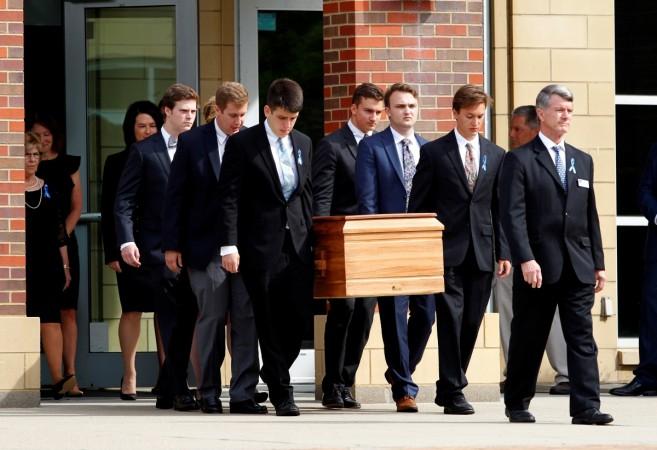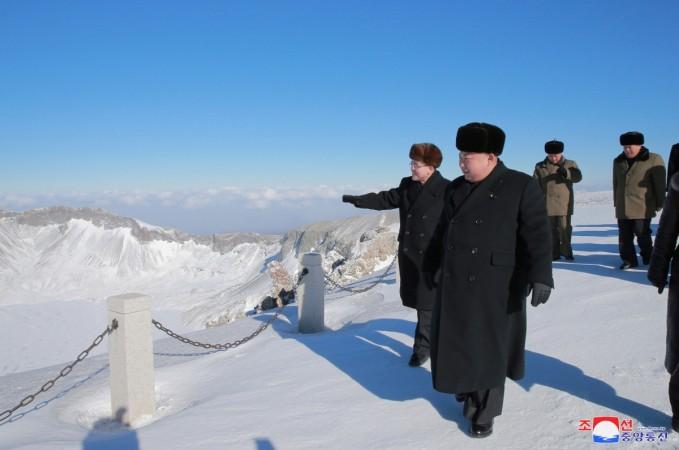
The parents of U.S. college student Otto Warmbier sued North Korea on Thursday over their son's death in 2017 following his release from captivity there, according to the lawsuit which said their son was "brutally tortured and murdered."
The wrongful-death suit was filed in U.S. District Court at a diplomatically delicate time, weeks ahead of an expected meeting between North Korean leader Kim Jong Un and U.S. President Donald Trump. Kim and South Korean President Moon Jae-in also are set to meet on Friday.
"Otto was taken hostage, kept as a prisoner for political purposes, used as a pawn and singled out for exceptionally harsh and brutal treatment by Kim Jong Un," his father Fred Warmbier said in a statement.
Warmbier, from Wyoming, Ohio, died at age 22 after being imprisoned in North Korea from January 2016 until he was returned to the United States in June 2017 in a coma. He died a few days later, and an Ohio coroner said the cause was lack of oxygen and blood to the brain.
North Korea blamed botulism and ingestion of a sleeping pill and dismissed torture claims. The coroner who examined Warmbier said he found no sign of botulism, adding there was no evidence of trauma to Warmbier's teeth or of broken bones.
The suit by Fred Warmbier and his wife, Cindy, seeks unspecified damages for personal injury.
A representative of the North Korean mission to the United Nations in New York was not immediately available to comment.
Richard Cullen, a family attorney, declined to comment about the suit beyond Fred Warmbier's statement.
"We extend our condolences to the Warmbier family. Out of respect for the Warmbier family, we have no further comment," a U.S. State Department official said.
Otto Warmbier, a student at the University of Virginia, was travelling in North Korea with a tour group, and was arrested at Pyongyang airport as he was about to leave. He was sentenced to 15 years of hard labour for trying to steal an item bearing a propaganda slogan from his hotel, North Korea state media said.
The filing says Warmbier falsely confessed to invented charges that he was acting as a spy connected to the Central Intelligence Agency.
North Korea and the United States have no formal diplomatic ties and almost no commercial ties due to years of international sanctions imposed on the reclusive state for its nuclear arms and missile programs that have drawn frequent U.N. condemnation.

Stewart Baker, a former assistant secretary of homeland security, said North Korea had immunity from lawsuits as a sovereign nation but still might be sued because of its U.S. designation as a state sponsor of terrorism.
"But it's almost impossible to collect any judgement that might be awarded. So it's doubtful NK will feel sufficiently threatened by the lawsuit to upset the talks. And after all, he (Kim) can settle claims against NK in any US-NK agreement," Baker said by email.

















